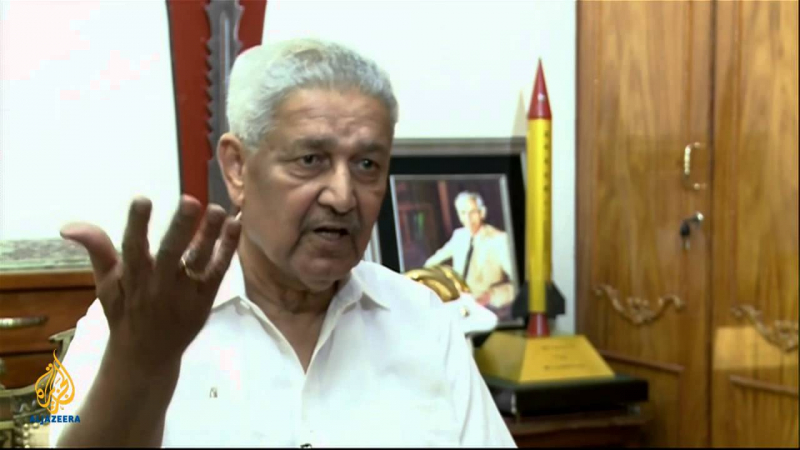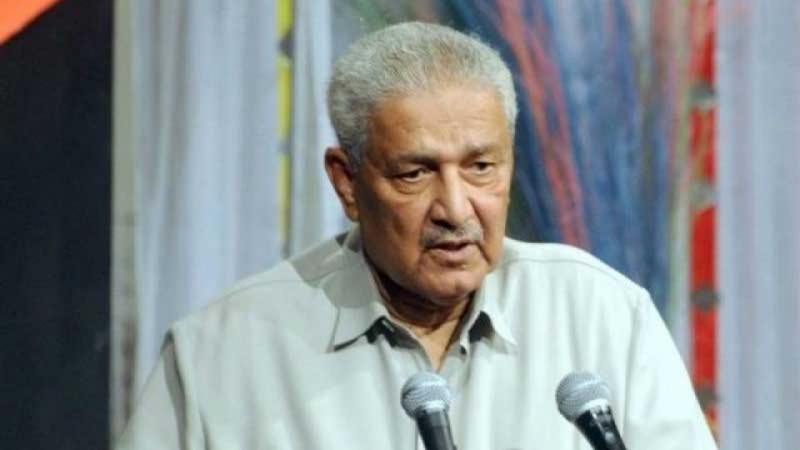Abdul Qadeer Khan
Abdul Qadeer Khan (1 April 1936 - 10 October 2021), also known as A. Q. Khan, was a Pakistani nuclear physicist and metallurgical engineer known colloquially as the "father of Pakistan's atomic weapons program."
Khan, an Indian émigré (Muhajir) who moved to Pakistan in 1952, was educated in the metallurgical engineering departments of Western European technical universities, where he pioneered studies in phase transitions of metallic alloys, uranium metallurgy, and isotope separation using gas centrifuges. After learning of India's "Smiling Buddha" nuclear test in 1974, Khan joined his country's covert efforts to develop nuclear weapons by establishing the Khan Research Laboratories (KRL) in 1976, where he served as both chief scientist and director for many years.
The Musharraf administration briefed Khan in January 2004 on evidence of nuclear proliferation provided by the Bush administration of the United States. Khan admitted his role in running a nuclear proliferation network, only to retract his statements in later years when he leveled accusations at Pakistan's former Prime Minister Benazir Bhutto's administration in 1990, and also directed allegations at President Musharraf in 2008.
Khan was placed under house arrest in 2004 after being accused of illegally selling nuclear secrets. After years of house arrest, Khan successfully sued the Federal Government of Pakistan in the Islamabad High Court, which ruled that his debriefing was unconstitutional and freed him on February 6, 2009. The verdict elicited a negative reaction in the United States, with the Obama administration issuing an official statement warning that Khan remained a "serious proliferation risk."
After his death on October 10, 2021, he was given a state funeral at the Faisal Mosque before being buried at Islamabad's H-8 graveyard.










